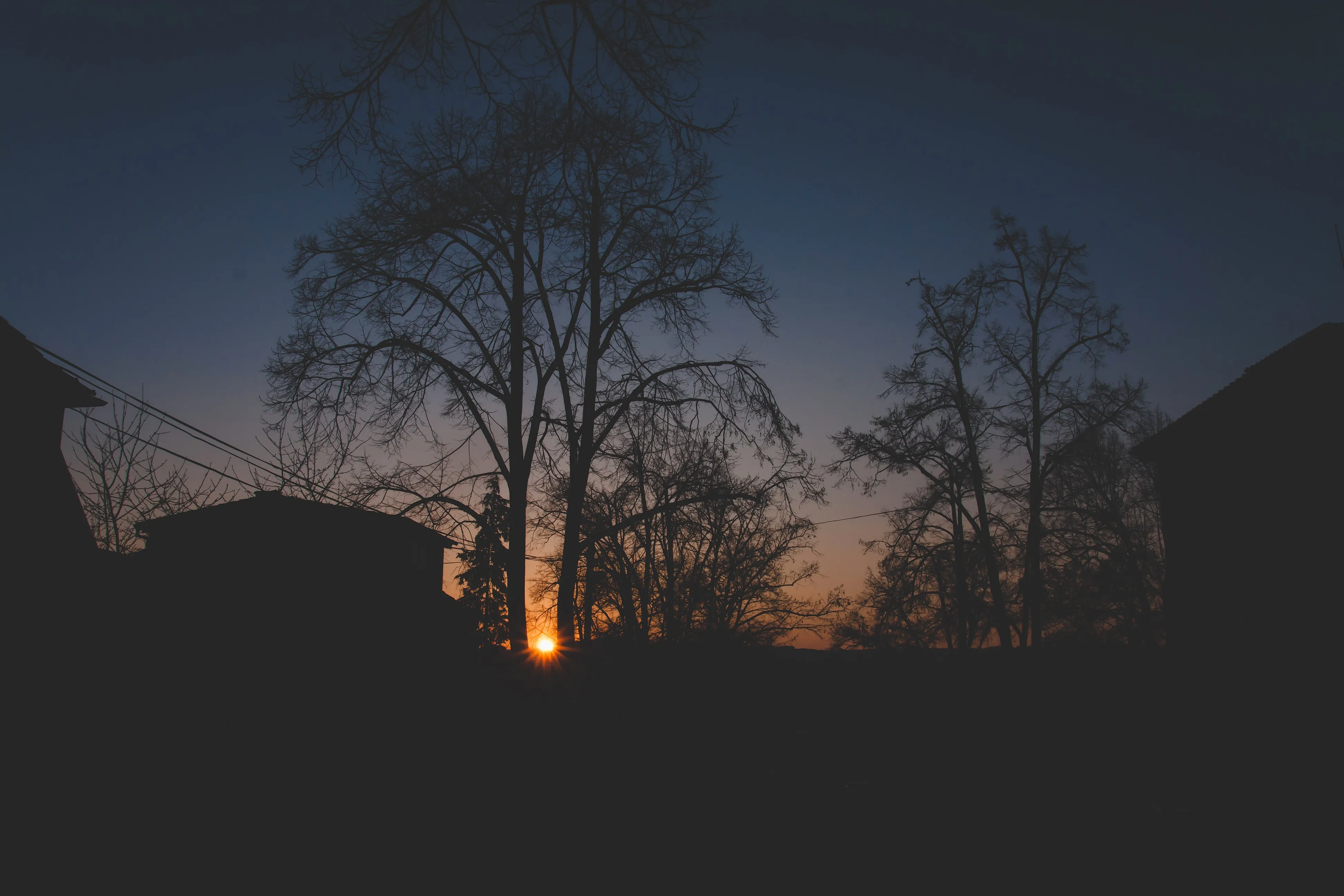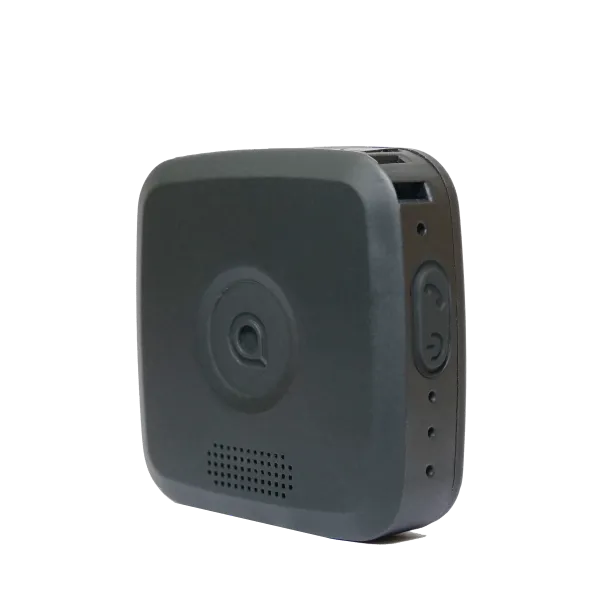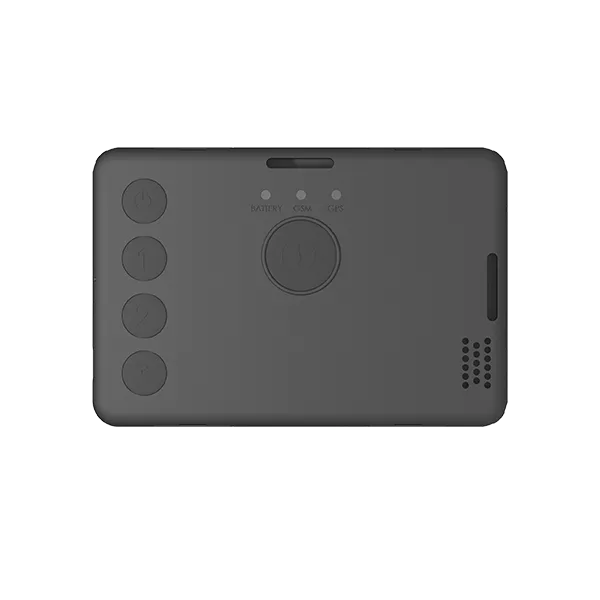How to Stay Safe When Working Alone at Night: Tips and Legal Responsibilities
Is working alone at night illegal? Is it safe to work alone at night? What can you do to feel safe? And what can employers do to protect night shift workers?

Staying Safe While Working Alone at Night: Risks, Precautions, and Employer Responsibilities
The weather's changing, it’s time for shorter days, darker mornings, and colder weather; autumn is well and truly here, and winter will soon follow. Therefore, it's time to start thinking differently about the way we dynamically assess our working environment. Many workers in the UK face the challenge of working alone at night, raising questions about safety, risks, and employer responsibilities.
There is no official law on working alone at night. However, under the Health and Safety at Work Act 1974 and the Management of Health and Safety at Work Regulations 1999, it is the responsibility of all employers to consider all the risks to your health and safety whilst under their supervision. This includes working alone at night and working in cold temperatures.

Key Takeaways
- Working alone at night isn’t illegal, but employers must follow health and safety regulations.
- Common risks include increased crime, accidents, and reduced alertness.
- Employers should provide safety measures like monitored alarms and check-ins.
How does the change in weather impact working alone at night?
Firstly, it’s essential to consider how this change in season impacts the type of risks we face when carrying out our working duties. For example, working alone at night this time of year presents a much greater variety of risks. Along with the unseasonal risks associated with poor lighting, which by the way are also magnified this time of year due to the extended hours of darkness, it’s important to consider how our working surroundings are changing.
Things like falling leaves, increased rainfall, and frosty conditions will create slippery and potentially hazardous surfaces. If you add this to the extended hours of darkness, it will of course increase the chances of an accident when working a night shift alone, for example.
According to TUC 1 in 9 workers now work as part of the night time economy. That's nearly 3.2 million people.
How Darker Nights Affect Worker Safety & Wellbeing
When the days get shorter and the nights darker, our bodies produce more melatonin earlier in the evening. This hormone, which regulates sleep, can cause us to feel sleepy and less alert during late afternoon and evening hours. Reduced alertness can lead to mistakes, increased accidents, and poor decision-making, particularly during work or while commuting.
Research shows that the darker nights can also lead to heightened feelings of insecurity and fear. A recent SoloProtect poll revealed that 62% of people have experienced violence, abuse, or aggression during their commute. Another survey from the Suzy Lamplugh Trust showed that 88% of people have encountered unwanted violent, aggressive, or sexual behaviour on public transport in the past five years. Women, particularly those aged 16 to 34, feel the most unsafe during commutes after dark.
With these challenges in mind, it’s crucial to stay alert and take steps to reduce the risks associated with dark and colder evenings.
Slips, Trips and Falls on the Night Shift
It’s no surprise that in the colder months, incidents such as slips, trips and falls can occur more frequently. As the HSE attest, ‘Most slips occur in wet or contaminated conditions.’[1] As well as this, they also found that ‘the risk of errors, accidents and injuries has been found to be higher on the night shift.’[2]
According to a RIDDOR report slips, trips and falls were responsible for the majority of reported non-fatal injuries in 2023/24. A whopping 31%, which is at least 10% more than any other occurrence.

Working alone at night doesn’t necessarily heighten the chances of an incident occurring, particularly if you’re working in a well-lit area, however, what it does do is slow down the response should something happen. So, what can you do if you’re working alone at night without the normal avenues of support? You could start by talking with your health and safety manager and consider whether using a lone worker safety solution could benefit you and your organisation.
As well as a variety of safety features the illuminated screen on the SoloProtect touchscreen range of devices makes them easy to use in the dark, ideal for the gloomy winter months.

Find out more about SoloProtect’s lone worker solutions here.
What Else Can Impact Your Safety When Working Alone at Night?
As visibility decreases, workers are more prone to accidents and injuries. Common incidents during darker months include:
- Slips, trips, and falls on icy or wet surfaces.
- Wet and decaying leaves and debris.
- Road accidents caused by reduced visibility and poor driving conditions.
- Workers being struck by falling objects, such as tree branches.
- Cold stress, which can lead to serious health issues when working in freezing outdoor environments.
Crime and Personal Safety
The night-time economy is often associated with an increase in criminal activity. Data shows that 61% of violent crime in England and Wales occurs at night. For those working alone or travelling in the dark, personal safety becomes a top concern, particularly for women, who report experiencing higher levels of harassment and aggression.
How to Stay Safe When Working Alone at Night
Here are some simple tips to help keep yourself and your colleagues safe during darker nights:
- Stay alert to your surroundings, especially when commuting.
- Walk or travel in well-lit areas to minimise risks.
- Keep family and colleagues updated on your location.
- Plan your route to avoid risky or unfamiliar areas.
- Avoid using headphones when walking alone.
- Carry a personal safety device, such as one from SoloProtect
Is it Illegal to Work Alone at Night?
Of course it isn't, however, it is the responsibility of your employer to ensure you come home safely every day after working alone at night. Each new day brings with it a fresh set of risks; therefore, we must remain vigilant and dynamically assess the environment as it continues to change.
Whatever you do for a living in it’s imperative that you’re extra careful this time of year. If you’re open to the elements and have a chance of encountering environmental risk, it’s important that you carefully consider what you can do to reduce risk and provide yourself with that extra support.
Would You Benefit from a Personal Safety Solution?
Our personal safety team assessment document will help your health and safety manager consider, and attribute scoring to some of the risks faced by home workers, community personnel and remote workers.
Darker nights bring heightened risks, from accidents to crime. However, with the right precautions and technology, we can minimise these dangers. SoloProtect’s range of safety devices and apps offers essential tools to protect lone workers and ensure their wellbeing during the challenging months ahead. Whether through the Red Alert, Incapacitation Alarm, or Check-In features, SoloProtect empowers workers to stay safe, supported, and connected.
Stay safe, stay secure, and let SoloProtect help you face the challenges of darker nights with confidence.
Need a Lone Worker Safety Solution for Night Shifts?
Book a free demo, request a quote, or get answers to your questions:
- Book a Lone Worker Safety Demo →
- Get a No-obligation Quote →
- Contact Us →
- Call us: 0114 399 6000
Your message has been received and we will be in touch shortly.
Frequently Asked Questions
Common Questions About Working Alone at Night
What safety measures should be in place for employees working alone at night?
Employers should implement a comprehensive lone worker safety policy that includes regular risk assessments, real-time monitoring, and communication protocols. Providing personal safety devices, such as lone worker alarms or GPS-enabled check-in systems, can offer support in an emergency. Adequate lighting, CCTV coverage, and well-lit parking or entry areas also play a crucial role in ensuring night shift worker safety.
What are an employee’s rights when working alone at night?
Employees working alone at night have the right to a safe working environment under UK law. Employers must identify potential hazards, provide training, and ensure workers are not exposed to avoidable risks. You also have the right to refuse unsafe work or request adjustments if conditions compromise your safety. Regular welfare checks and accessible support channels should be in place for all night shift lone workers.
How can night shift workers stay safe when travelling to and from work?
Travelling after dark can be one of the riskiest aspects of night work. Always plan your route, stick to well-lit and populated areas, and let someone know your schedule. If possible, park close to entrances or use monitored transport. Avoid distractions like headphones, and consider carrying a personal safety alarm or using a lone worker app that tracks your journey in real time.
What should I do if I feel unsafe while working alone at night?
If you ever feel unsafe, you should immediately remove yourself from the situation if possible and contact someone. Always have your mobile phone or lone worker device within reach, and ensure that someone knows your location and expected finish time. If using a SoloProtect device, this is all available on the management platform Insights.
Are employers legally required to carry out risk assessments for lone night workers?
Yes. While working alone at night isn’t illegal, employers have a legal duty under the Health and Safety at Work Act 1974 and the Management of Health and Safety at Work Regulations 1999 to identify and control potential risks. This includes conducting a thorough lone working risk assessment, reviewing it regularly, and implementing measures such as check-ins, monitoring systems, and safety devices to protect staff.
What kind of safety equipment can help protect lone night workers?
Employers can equip staff with personal safety devices, such as lone worker alarms, GPS-enabled trackers, and mobile apps that provide real-time monitoring or “check-in” features. Some devices, like those from SoloProtect, offer Red Alert functions, Incapacitation Alarms, and location sharing, allowing emergency help to be dispatched quickly if an incident occurs. Proper lighting, reflective clothing, and communication tools also enhance safety during night shifts.



%20(7).png)





.webp)
.webp)
.webp)









